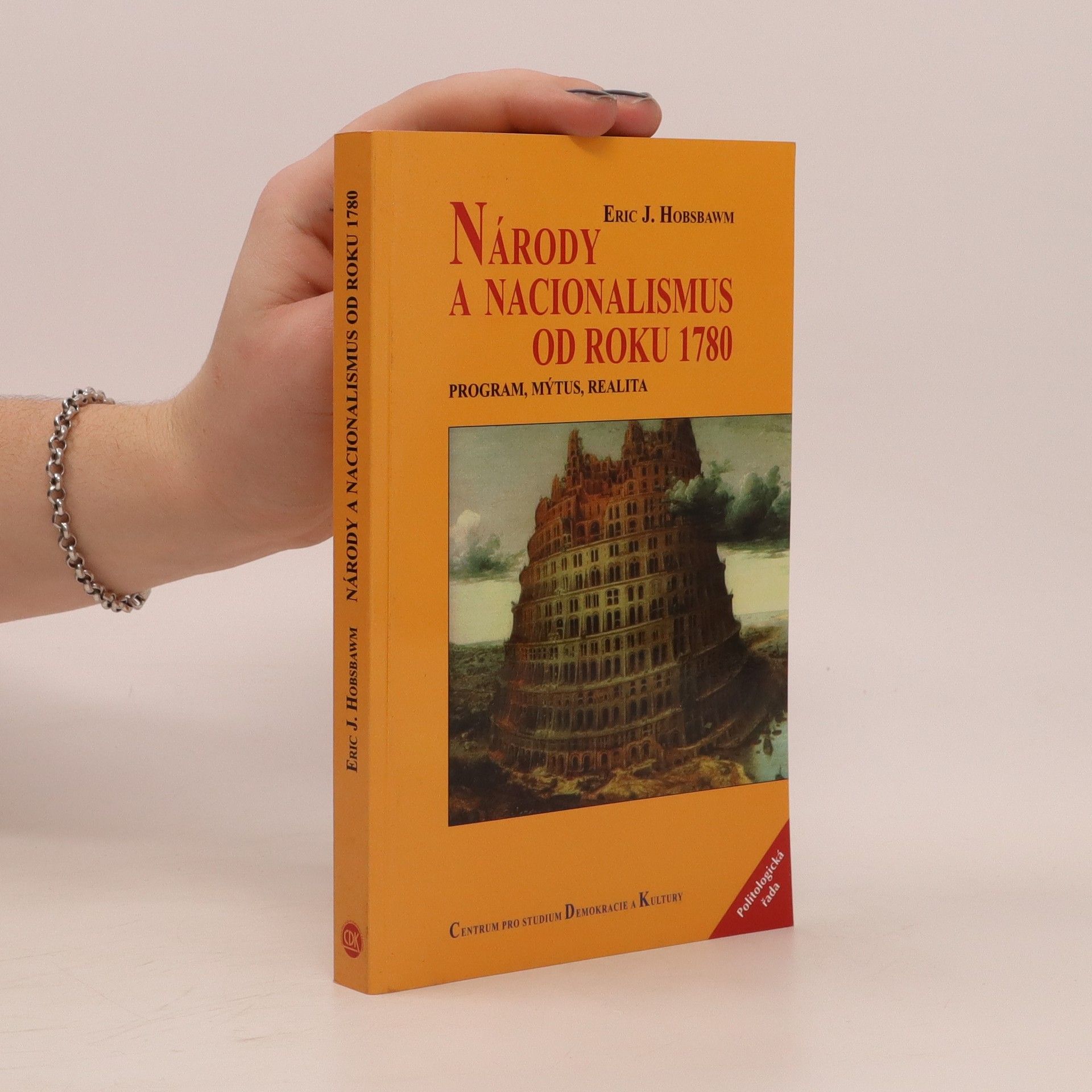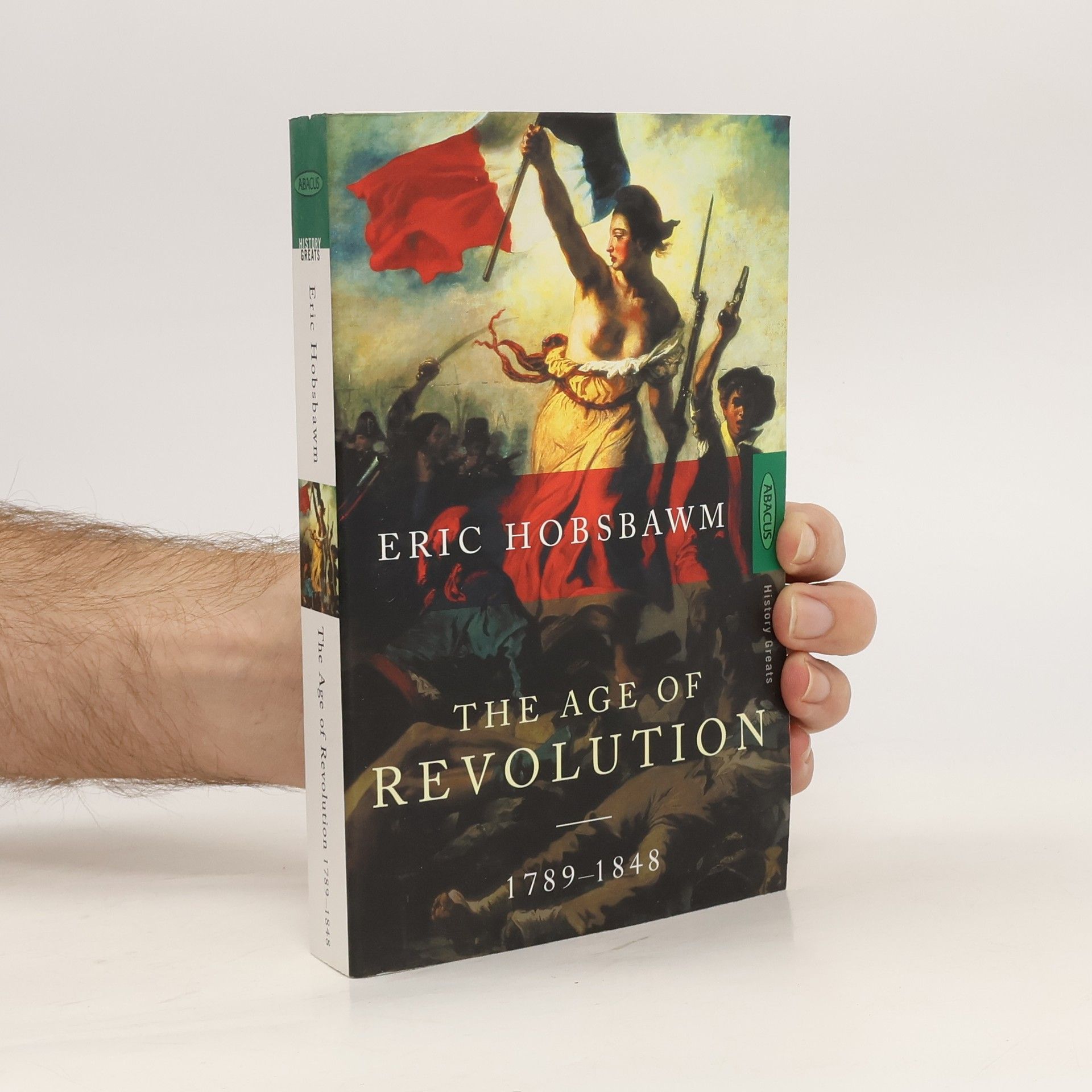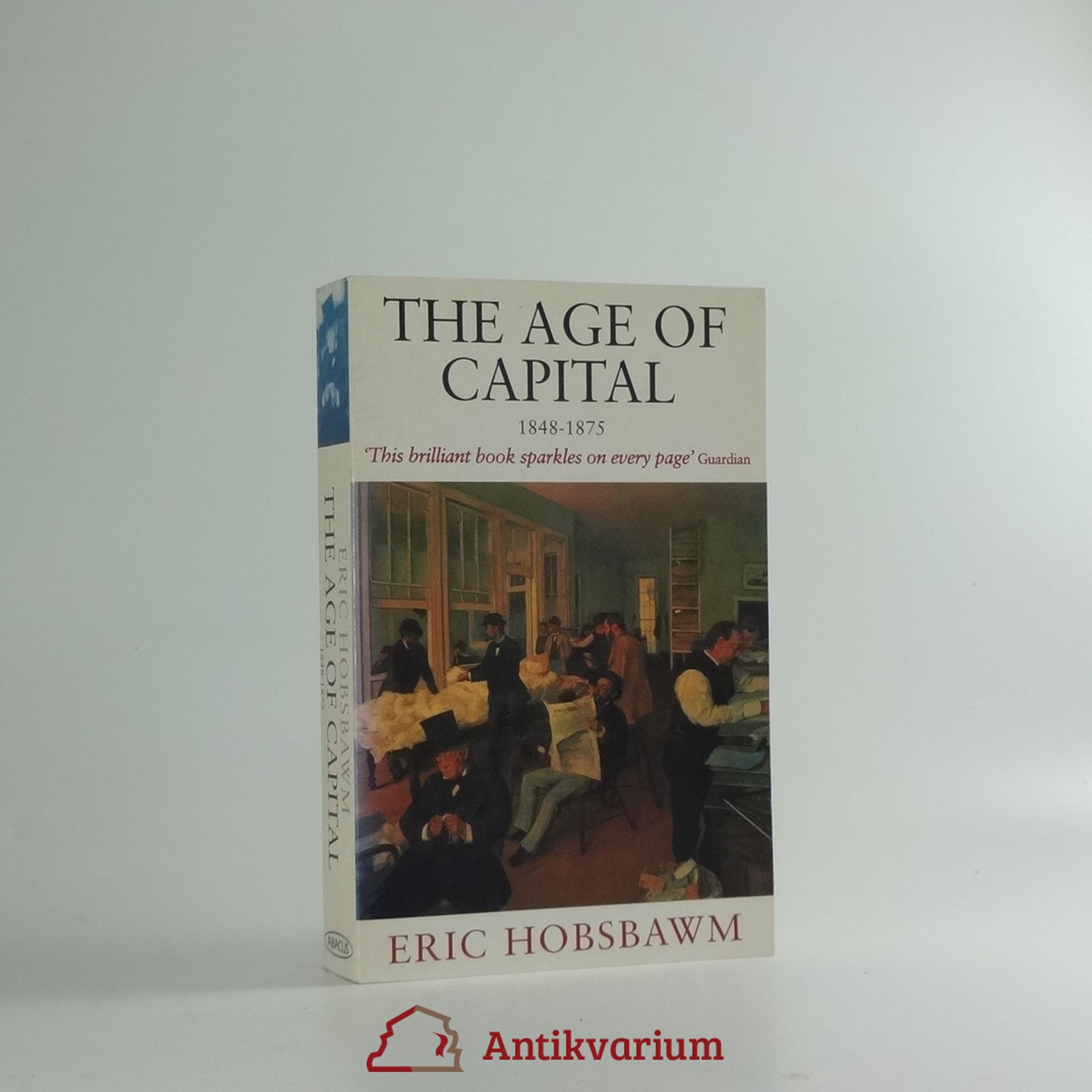O impériu. Amerika, vojna a celosvetová nadvláda
- 80 stránok
- 3 hodiny čítania
Šírenie hodnôt a inštitúcií možno sotva dosiahnuť náhlym uplatnením vonkajšej sily, ak preň nenastali lokálne podmienky, ktoré by ich prispôsobili a umožnili zaviesť. Demokracia a západné hodnoty spolu s ľudskými právami nie sú ako technické importy, ktorých úžitok je bezprostredne zrejmý a prijmú ich všetci, čo ich môžu uplatniť a dopriať si ich ako mierový bicykel a vražedný AK-47 či technické služby ako letiská. Keby nimi boli, mnohé európske, ázijské či africké štáty, ktoré by teoreticky fungovali s podobnými demokratickými ústavami (hoci v praxi to tak nie je), by sa politicky podobali. Slovom, v dejinách je len veľmi málo skratiek: o tom som sa vo svojom živote a pri premýšľaní o mnohých záležitostiach minulého storočia poučil, a nielen ja.










